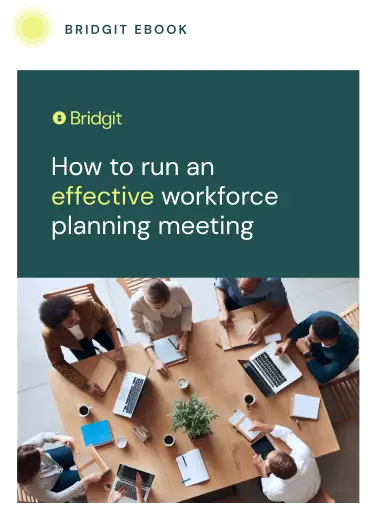Moving through any industry takes time and effort, and a great knowledge of all aspects of the business. The construction industry is no different: starting out in the field may involve highly specialized knowledge in a trade, for instance, or narrow knowledge of the duties of a project engineer. In order to become a construction vice president or snag a C-suite role, however, you’ll have to learn how each trade operates, the ins and outs of scheduling and contracts, and attracting new clients. In some cases, you also need to obtain specific construction certifications to gain leverage over your desired position in the construction industry.
Table of Contents
Putting your eye on a position as a project executive is a worthy goal. What will it take to achieve that goal and further, what will it take to do the job?
Following are some foundational skills that help you become a project executive, and make sure you’re ready to thrive in the role.
You’ve got the experience
Nobody’s born ready to be a project executive. It takes years of work to make your way up into an executive role from when you start on the management track. It is also advantageous to have a degree in construction or construction management. But don’t let that dissuade you – there are lots of things you can do and responsibilities you can take on even when you’re a project engineer or a construction project manager that will prep you for executive status, and keep work challenging and interesting.
When you’re a project engineer, you may be focused on specific deliverables within a job. You’ll work to see out the project manager’s plan by talking with clients to establish goals for the finished project, and researching to find the best materials to meet their needs on the construction site.
You’ll make sure the project meets building codes and adheres to other regulations. You may even schedule subcontractors, optimizing efficiency of the teams and making sure they have the time and supplies to do their work.
How an executive sees it differently
After you’ve mastered this type of work, you might use your hard-won knowledge from your prior work experience to take on more tasks with each job, like scheduling and procuring materials. You’ll have experience talking with owners and subcontractors and have an idea of their needs, and of the pitfalls that may arise, which will help you in preparing contracts.
Moving up to the project manager you’re concerned about the job as a whole, and a senior project manager will get a better grip on where the project is taking the company. The farther you go in construction management, the bigger your view of the project. Getting certified can be a way to communicate you have these skills or improve on your expertise.
An executive zooms out even farther to see the big picture. “There are people that are only focused on construction and they’re thinking, well we’ve got to keep these costs down,” says Ken Toews, senior vice president of development at Strategic Group, which is great, but they’re not thinking innovatively about the goals of the work. “They’re not considering, what if I spend a little bit more money, what can it do to the project?” Toews says that this holistic view is key to moving a company forward. “The earlier people understand that the better. We try to instil that into our foremen,” he says.
The key to becoming a project executive lies in adopting the company’s goals as your own. Contracting companies need to add value to their projects and foster relationships with developers to bring in more business. “The more that construction teams can understand the rest of the build – the marketing, the leasing, the financing, the management – the better they’ll do,” Toews says. As a rising star within one of those companies, you’ll understand what it takes to grow and thrive beyond putting buildings up.
Think your workforce planning meeting could be more productive?
Download our ebook to learn how to run efficient, effective workforce planning meetings with your team.
The job is more than a job
The move from construction project manager to project executive marks a move toward the business side of the company. While a PX will understand how the work is being done, the daily focus will fall more on the why.
Executive material is made of an internal drive to better the company. Where is the company positioned in the marketplace, and what will improve that? What are the challenges and opportunities that are presenting themselves and how will the company handle them?
“We want to build the best project we can for the company and add value in it,” Toews says. “It’s not just about construction, it’s more than that. It’s being a team player and having those relationships in construction.”
Bringing in more business is a serious boon for project executives, and something they should be able to do by using relationships they’ve honed over their time in the industry.
The path to become a construction project executive
Project executives seem to see around corners, but it’s just a function of ‘been there, seen that’ that comes from years of experience. That’s how they’re able to guide PMs to take action on potentially problematic issues before they get too big.
Experience is key to learning these skills, but so is asking questions, and making sure to put your head up and looking around at what everyone else is doing. Listen to the bigwigs in your company – even consider taking minutes at a managers’ meeting so you can understand the wider concerns on projects, to begin thinking like an executive.
In the end there are no shortcuts to becoming a project executive, but time and a lot of career growth will pay off in your pursuit of a construction project executive career.



